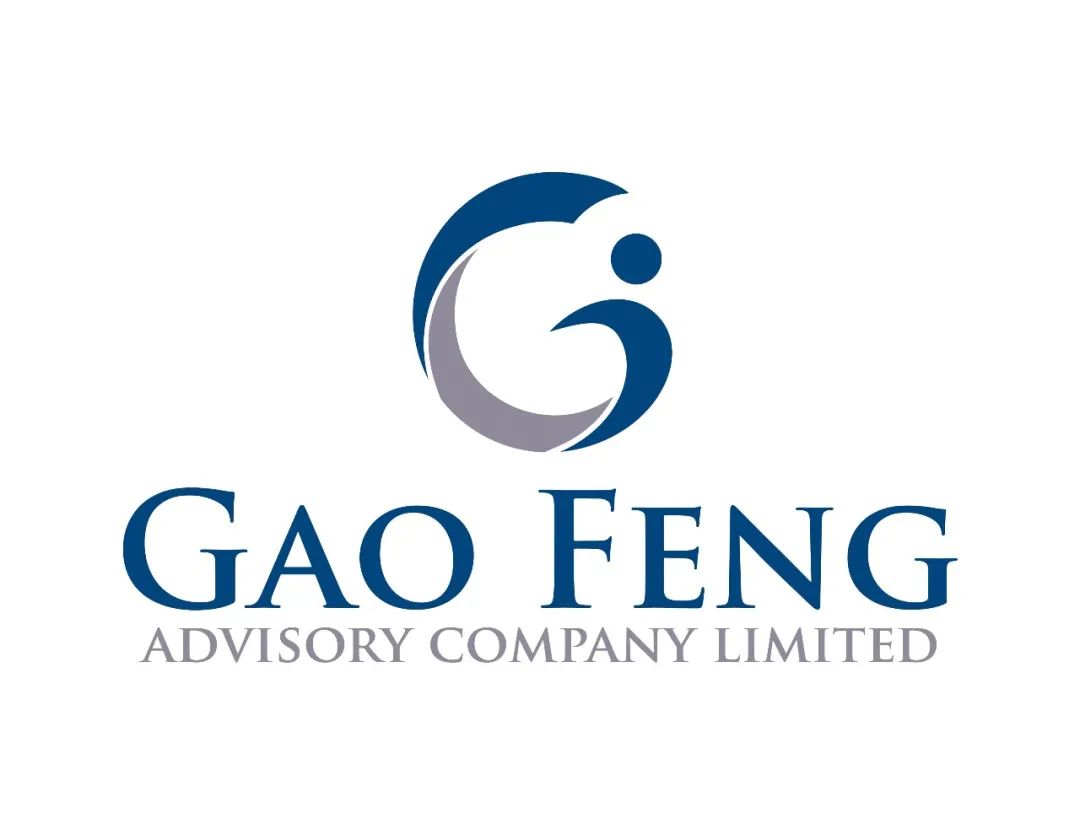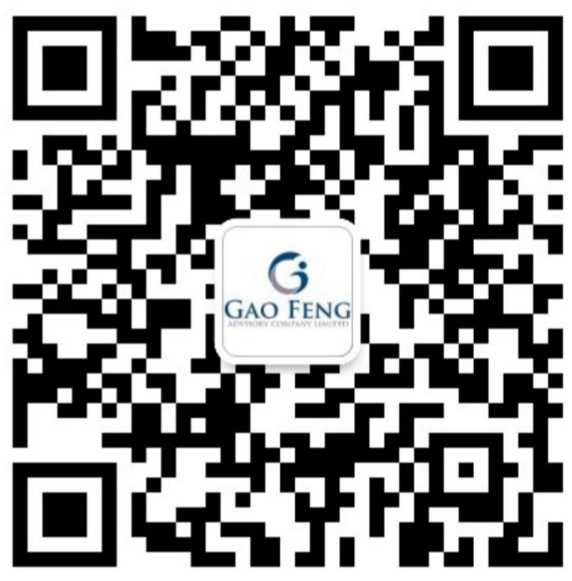China Daily | 'Made in China' Cannot Easily be Replaced

By Andrew Moody
2020-08-27
On August 27, Gao Feng Advisory’s CEO Dr. Edward Tse was quoted in a China Daily article reporting how China’s manufacturing will not be easily replaced
Nation boasts important technological advantages, according to top experts
Consumers in the United States and other Western countries face rising prices as a result of Chinese companies being isolated from global supply chains, according to leading experts.
The aggressive trade policy being pursued by the US administration, particularly in relation to the technology sector, is likely to backfire, pushing up the price of many goods, especially those in the consumer electronics sector, the experts said.
The economist Stephen Roach, senior fellow at Yale University's Jackson Institute for Global Affairs, said US companies are likely to source components from higher-cost producers.
"The result is the functional equivalent of a tax hike for US consumers," he said.
Richard Martin, managing director of IMA Asia, the influential peer group forum for regional CEOs, said attempting to cut China out of supply chains is destined to fail and will also result in rising costs.
He said some US-bound production is being moved from the Chinese mainland to Vietnam, Taiwan, India and Indonesia, but invariably all these locations then import components and materials from the mainland.
"Ultimately, it is not really decoupling the US and China, just forcing trade diversion, which raises the cost for the US," Martin added.
There is evidence that since the US unilaterally imposed tariffs on Chinese goods in 2018, global supply chains have felt the impact.
Last year, Chinese exports of a basket of 1,200 products accounted for 22 percent of the global total, down by 3 percentage points from the previous year, according to a study by law firm Baker McKenzie and economics consultancy Silk Road Associates.
However, the focus this year has been on the technology sector. On Aug 17, the US administration said it aimed to cut off supplies of foreign semiconductors to Chinese telecommunications giant Huawei and 38 of its affiliated companies, escalating a move made initially in May.
The announcement caused consternation among US semiconductor manufacturers that rely on sales to China.
"These broad restrictions on commercial chip sales will bring significant disruption to the US semiconductor industry," said John Neuffer, president and CEO of the US Semiconductor Industry Association.
To add to the confusion, US President Donald Trump this month ordered a ban on WeChat, the Chinese messaging, social media and mobile payment app, being available on Apple devices.
The decision could have disastrous implications for Apple, which derives 20 percent its sales from China. WeChat, owned by Tencent Holdings, is a vital platform for many US retailers and gaming companies. It is still not clear where or how such a ban would be applied.
Meanwhile, China is boosting its semiconductor industry in the hope of becoming a player in advanced chips, with the State Council announcing that some manufacturers will be exempt from corporate tax for up to 10 years.
Abishur Prakash, a geopolitical futurist at the Center for Innovating the Future, a strategic consultancy company based in Toronto, Canada, said recent events have been very confusing for many companies in the technology sector, but he thinks it will be difficult to extricate China from supply chains.
"While companies move supply chains-from manufacturing to parts-to Southeast Asia, these factories are not producing the most-critical components. In the short term, companies will remain dependent on China," he said.
However, Prakash is concerned that the world of technology is becoming polarized.
"Both the US and China realize that dependency on each other, from a tech point of view, isn't going to work. The US doesn't want Chinese technology such as TikTok (the video-sharing service also at the center of a US-China dispute) or Huawei's 5G, and China doesn't want to be dependent on US technology such as chips, software and servers," he said.
Prakash believes that companies faced with this situation will increasingly begin to look for neutral destinations to source products.
"It's not about economic benefits, it's about business. By moving supply chains, companies are ensuring that their lucrative products aren't hindered by geopolitics," he said.
Roach, from Yale University, the author of Unbalanced: The Codependency of America and China, said the US' aggressiveness in trying to block China out of supply chains belies its own weak economic position.
The former Asia chairman of investment bank Morgan Stanley, where he was also chief economist, said, "For the US, with its massive shortfall of domestic savings, there can be no decoupling in the broad sense from the rest of the world.
"With the savings shortfall going from bad to worse in the face of the COVID-related explosion of federal budget deficits, the current account and trade deficit will rise dramatically.
"Politically-inspired decoupling with China will simply shift the Chinese piece of America's overall multilateral trade deficit, which it had with 102 nations in 2019, to another producer. This is akin to rearranging the deck chairs on the Titanic."
Edward Tse, an expert on the Chinese technology sector and author of China's Disruptors: How Alibaba, Xiaomi, Tencent and Other Companies are Changing the Rules of Business, said despite the pressure from the US, China remains highly resilient.
He cited the rapid recovery from the coronavirus pandemic by Asian supply chains, many of which are centered on China.
"East Asian countries have handled the COVID-19 pandemic better than most other nations, particularly the US. We can also see manufacturing supply chains beginning to recover," he said.
Tse, the founder and CEO of management consultancy Gao Feng Advisory, said the scale and sophistication of Chinese supply chains are often overlooked in the current debate.
"China can do things that other countries simply cannot do. When external customers want innovative new products, they want people who can quickly do design, prototyping and can manufacture quickly in batches. The Chinese are very good in doing that. They are very entrepreneurial and what you have in China is a very dynamic process," he said.
Aidan Yao, senior emerging Asia economist at Axa Investment Managers in Hong Kong, said that while the US has turned up the heat on supply chains, the pandemic has hit companies so hard that they will be unwilling to make any drastic changes.
He argues that it costs money to switch production, and many companies are now so low on cash that they cannot make major investment decisions.
"Even if some companies wanted to move out of China, investment plans have been significantly scaled back because of the pandemic," he said.
Yao also believes many companies have fostered such strong supply networks in China that it will be difficult for them to move.
"China didn't become the world's factory overnight. It was 30 or 40 years in the making, and there are reasons why multinationals have put their supply chains in China. It is not because they necessarily love China-they are there for sound commercial and economic rationalities. None of these have changed."
Thomas Luedi, a partner based in Shanghai for Bain and Co, the management consultancy, said that no matter the politics, many companies will avoid making rash moves.
He said that in recent years companies have tended to pursue a China-Plus-One strategy in constructing their supply chains, which could involve having a production plant in China and another in Southeast Asia.
"Companies do this in a strategic manner. There is no sudden closing of plants in China and haphazard opening of other ones in new countries. Companies who do this, in fact, don't tend to close their China operations at all. It is all part of their long-term planning," he said.
Costs 'too high'
Prakash, the strategist, believes China-Plus-One sounds good in theory, but is extremely difficult to implement in practice.
"Supply chains are unbelievably difficult in terms of sourcing materials, dealing with local import rules, training factories and workers," he said.
"The only other countries in Asia that could challenge China are Japan and South Korea, except in both cases the costs are too high," he said, adding that nations such as India have poor infrastructure, rendering them unattractive.
The advantages of basing supply chains in China are fully understood by US companies, in particular.
In March, a survey by the American Chamber of Commerce in China and PwC China found that more than 70 percent of senior executives from 25 large US companies had no plans to relocate their production and supply chains outside China.
Greg Gilligan, chairman of AmCham China, said in an interview with CGTN, "Overwhelmingly, people still value and plan to continue with their sourcing and supply chain operations in China."
Yao, author of the paper "Preserving Made in China in the Age of Globalisation", due to be published next month, argues that China will remain central to most global supply chains.
He points to the scale of the country's capacity, but believes there will be an evolution from "Made in China" to "Made around China".
"China is already central to a lot of Asian supply networks, particularly electronics. China has the whole ecosystem, an educated and skilled labor force, favorable government policies, and the logistics not just to move goods around the country but around the world," he said.
The pandemic triggered a major shortage of personal protective equipment, or PPE, with the world depending on China as a supplier. Many countries also managed to start their own production facilities.
Prakash believes that if China were to lose some of this relatively low-tech production, it would not be a major issue.
"In the short term, finding the scale, reliability and cost that exists in China will be difficult, but this will be overcome," he said.
He believes that governments will set up key manufacturing zones where robots can be programmed by algorithms to produce goods in emergency situations.
"They (robots) may constantly be tasked and re-tasked to produce different goods, including PPE," he said.
Martin, at IMA Asia, said the pandemic has highlighted a number of issues regarding supply chain reliability.
"You could put volcanoes and earthquakes in the mix as well, as the 2011 quake in Japan highlighted an over-reliance on Japan for certain chemicals and electronic components," he said.
Ian Goldin, professor of globalization and development at Oxford University and co-author of the just-published Terra Incognita: 100 Maps to Survive the Next 100 Years, believes some of the US administration's thinking on global supply chains is outdated.
He said the original aim was to return jobs to the US by bringing back manufacturing from China and elsewhere.
"That really is the past. Employing people won't drive decisions about where to locate things anymore. As a result of automation, robotics and artificial intelligence, a lot of the jobs will increasingly be done by machines and robots. So you won't be restoring jobs, but machines," he said.
Manufacturing in China is clearly no longer about low labor costs, but more to do with the sophistication and scale of the country's supply chains.
The Chinese economy does not rely anymore on making and exporting cheap goods, and the country is on track to achieve a key goal of becoming a global technology leader by 2035.
Many major multinationals will also need to have their supply chains in China to reach the country's growing middle-class market, which management consultancy McKinsey and Co predicts will grow to some 600 million people by the middle of this decade.
Luedi, at Bain and Co, said, "The China market is no longer driven by exports, but by domestic consumption.
"This domestic market is vital for a whole range of global industries, from electronics to chemicals. It is one of the largest markets and companies need to be there to serve it.


Gao Feng Advisory
Gao Feng Advisory Company is a professional strategy and management consulting firm with roots in China coupled with global vision, capabilities, and a broad resources network
Wechat Official Account:Gaofengadv
Shanghai Office
Tel: +86 021-63339611
Fax: +86 021-63267808
Hong Kong Office
Tel: +852 39598856
Fax: +852 25883499
Beijing Office
Tel: +86 010-84418422
Fax: +86 010-84418423
E-Mail: info@gaofengadv.com
Website: www.gaofengadv.com
Weibo: 高风咨询公司

